
 DALLAS, Texas — Splashed onto the cover of September 6, 2014 Outlook section of the Houston Chronicle was an opinion piece penned by Kathy Miller, Texas Freedom Network (TFN) president, in which she slammed the state’s textbook adoption policy, namely the current review of Social Studies instructional materials, calling it “deeply flawed and politicized” and that “Texas families simply can’t trust it.”
DALLAS, Texas — Splashed onto the cover of September 6, 2014 Outlook section of the Houston Chronicle was an opinion piece penned by Kathy Miller, Texas Freedom Network (TFN) president, in which she slammed the state’s textbook adoption policy, namely the current review of Social Studies instructional materials, calling it “deeply flawed and politicized” and that “Texas families simply can’t trust it.”
Right now, the State Board of Education (SBOE) is in the process of Proclamation 2015, reviewing the textbooks for next year as part of the policy written into Chapter 28 of the Texas Education Code (TEC) relating to Chapters 31 and 39. Section 28.002 (c) ensures the “the direct participation of educators, parents, business and industry representatives, and employers.” This process will continue until November.
In a brief overview of the textbook adoption process, the Texas Education Agency (TEA) explains that the SBOE calls for bids from publishers, listing curriculum standards, the Texas Essential Knowledge and Skill (TEKS), and other requirements. The publishers then submit completed textbooks to the TEA, 20 regional service centers (for public review), and state review panel, all of whom, make recommendations to the Commissioner of Education who prepares a preliminary report on the textbooks for the SBOE, who will vote to accept or reject these title.
However, Miller voiced, if given her druthers, she would prefer the process to be less transparent because she wants it to be for “teachers and scholars” only. Miller’s griped about a low level of college level scholars on the panel yet there have been a total of 144 Social Studies textbook panelists of which 136 are education professionals who work in a variety of capacities including on a university level, based on data provided to Breitbart Texas by the TEA. That means there are only a miniscule eight parent or business community members on these panels.
Then Miller balked that the “panels include a number of people with no relevant qualifications or teaching experiences” and “political activists” descending on the process in the last Social Studies materials adoption process, 2002.
State Board of Education (SBOE) chair Barbara Cargill, told Breitbart Texas “We are told to nominate parents, industry leaders as well as educators.” She added, in reference to Miller’s complaints, “But when we do they are never deemed good enough. They can’t have it both ways.”
Last year, Miller did not like how the committee review panels were structured for the Science curriculum standards either and railed against the process and specifically against Cargill, a certified science teacher who taught high-school biology in the Texas public education system. She is also the creator of a reputable summer science camp.
Miller tried to play “gotcha” by glomming onto the conservatively challenged Thomas B. Fordham Institute to prove her points about the “right.” Using this policy wonk-house to slam the Texas standards in 2011, she accused the education of being a ‘politicized distortion of history’ filled with contempt for historians and scholars “whom they derided as insidious activists for a liberal academic establishment.”
It is a weak stretch, though, to use the Fordham Institute to try to smack down conservative Texas textbook reviewers by using a group that embraced the Common Core State Standards.
Miller also back peddled on panelist credentials in her written rant, groaning that it is not that panelists are not qualified but those poor qualified scholars must “spend their limited time debating panel colleagues who have an ideological agenda but lack any real qualifications” like the one she razzed as being “retired from a career in car sales.”
She likely meant business community member Mark Keough, also the Republican candidate for Texas House of Representatives, District 15. He’s a history buff who applied to review textbooks through the TEA formal application process. Cargill commented that Keough would not have gotten onto a history panel without the agency deeming his knowledge base was proficient.
“The agency considers all applications and chooses reviewers based on their content knowledge, background, and adequate geographic representation. They try to form panels that are well rounded with educators, parents, business leaders, and other interested citizens,” Cargill added, emphasizing that Texas has an elected state board, which means that the board is held accountable to their constituents.
Miller’s name calling is an extension of when in January, the TFN reminded the Texas Federation of Teachers, the state’s chapter affiliated with the second largest union in the nation, the American Federation of Teachers (AFT), about the upcoming Social Studies textbook review process. Texas AFT issued their own APB for citizen textbook reviewers that read:
“There’s an unfortunate tradition in Texas of undue influence on textbook selection by nincompoops with an ax to grind. Hence, as the folks at TFN have said, ‘It’s critical that truly qualified individuals serve on the review teams and counter far-right efforts to politicize the textbooks.”
Interestingly, it was a handful of the very people the Texas AFT called “nincompoops” who exposed the politicized radical left lessons being taught like the Boston Tea Party as an “act of terrorism” under the highly biased and controversial curriculum management system CSCOPE, which Breitbart News reported.
Miller also falsely asserted that the state requires its official reviewers to determine only whether proposed textbooks cover the curriculum standards. While reviewers might note some factual errors, “there is no requirement that they do so. Making matters worse, there is not sufficient time for diligent reviewers to examine the materials for errors in any systematic and thorough way. So most reviewers don’t do it.”
Cargill corrected Miller. She told Breitbart Texas, “Reviewers are absolutely told to check for factual errors! I’m not sure how she could get this so wrong.”
According to Cargill, reviewers work in teams so that if one panel member misses an error, there are other sets of eyes to catch it. Besides, she said, “Now that we know what college professors want our children to learn, as evidenced in the APUSH framework, now more than ever we need parents and other citizen patriots to take a stand.”
Cargill referred to the national firestorm started by the College Board’s radical rewrite of the Advanced Placement US History (APUSH) framework. SBOE member Ken Mercer will present the Mercer Resolution requiring that the College Board acknowledge and accommodate TEKS alignment.
The rhetoric coming from Miller is expected. Prior to heading up TFN, she served as TFN’s deputy director from 1996-2000. She’s also been Public Affairs Director for Austin’s Planned Parenthood Federation. In 2005, she returned to head up TFN and is the registered agent on file for the Texas Freedom Network Education Fund (TFNEF).
In 2006, TFNEF created Texas Rising, seeking out “young leaders (ages 18-29)” on college campuses throughout Texas. The group states its mission “to this work because developing an emerging generation of social justice-minded, informed and engaged leaders is essential to the long-term health of our communities and the development of progressive public policy in Texas.”
TFN was founded by Cecile Richards, president of Planned Parenthood and the daughter of the late Governor, Democrat Ann Richards.
Throughout her arguments, Miller attacks the SBOE nominated panelists alleging they demonstrate an “open contempt for expertise.” She dismisses findings from “general public book review committee members” or watchdog groups, chalking them up to “ideological objections from people with strong opinions but few (if any) actual facts to back them up.”
Retired Lt. Col. Roy White chairs up such a group, the Truth in Texas Textbooks (TTT). This coalition of concerned citizens is participating in the Texas Social Studies textbook review.
White gave Breitbart Texas an exclusive sneak peak at the preliminary Social Studies textbook findings TTT has found including distortions, omissions and half-truths all passing for accurate high school history.
In a mild example, Edmentum’s “World History Since 1815” contains a passage:
“Before Lincoln could carry out his policy towards the conquered South, he was assassinated by a disgruntled Southerner.”
This lightly nuanced passage didn’t even acknowledge President Lincoln’s assassin, John Wilkes Booth, by name nor did it mention the venue, Ford’s Theatre, which TTT highlighted.
Meanwhile, Perfection’s “Basic Principles of American Government” displays open bias in an excerpt:
“The radical right consists of groups that sometimes gather under the flag of militant anticommunism. Often known as reactionaries, they denounce most forms of government regulation, including progressive taxation and restrictions and industry. Strangely enough, these radicals would not hesitate to use the government’s police power to enforce the changes they desire. Examples of political groups on the radical right are the John Birch Society, the National States & Rights party, The Christian Crusade, and the Tea Party movement.
TTT called this “editorial opinion stated as fact” noting there is no evidence that the Tea Party movement is militant or has used the government’s police power to enforce anything. “Identifying the Tea Party as radical and fascist is false and without merit,” they noted.
TTT also questioned the definition of “radical,” posing that if it means using the government’s police power to enforce desires changes, then the modern IRS, EPA, NSA and other federal departments bureaucracies which have used the police power of the government should be included.
The complete list of TTT’s preliminary Social Studies textbook review findings follow this report.
Texas Social Studies Textbooks Under Review 2015
Texas Social
 has applied a 30.8 million dollar federal grant to implement Obama’s universal Pre-K program in Texas Schools, a federal daycare system. This is nothing more than SOCIALISM in action, take from the “haves and give to the have nots”. Williams was appointed Texas Education Commissioner by Gov. Perry, Sept. 1, 2012. Commissioner Williams past experience was not public education and many conservative activist thought that was a positive when dealing with the Texas education bureaucracy. After meeting personally and discovering how liberal Gov. Perry’s education staff were I am not surprised Williams joined ranks with the Obama administration.
has applied a 30.8 million dollar federal grant to implement Obama’s universal Pre-K program in Texas Schools, a federal daycare system. This is nothing more than SOCIALISM in action, take from the “haves and give to the have nots”. Williams was appointed Texas Education Commissioner by Gov. Perry, Sept. 1, 2012. Commissioner Williams past experience was not public education and many conservative activist thought that was a positive when dealing with the Texas education bureaucracy. After meeting personally and discovering how liberal Gov. Perry’s education staff were I am not surprised Williams joined ranks with the Obama administration.




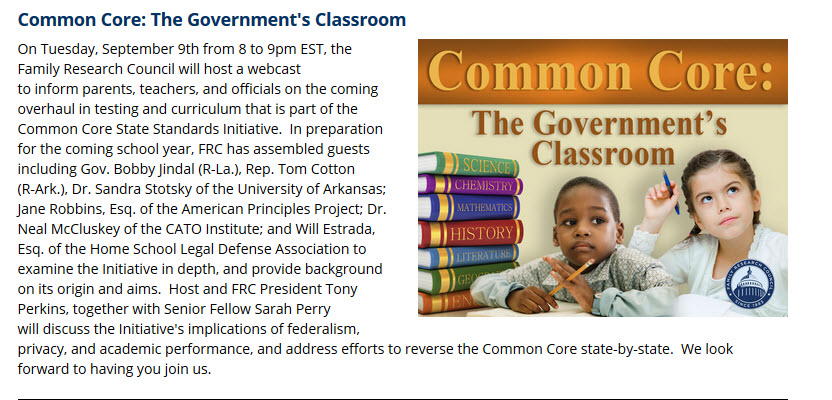

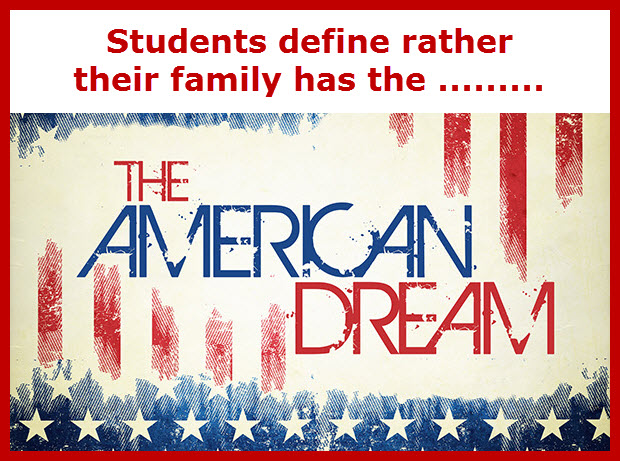


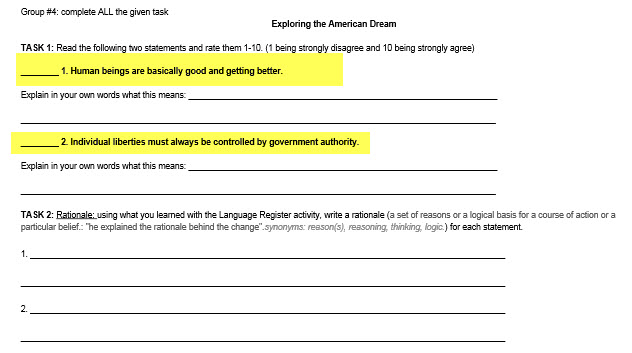

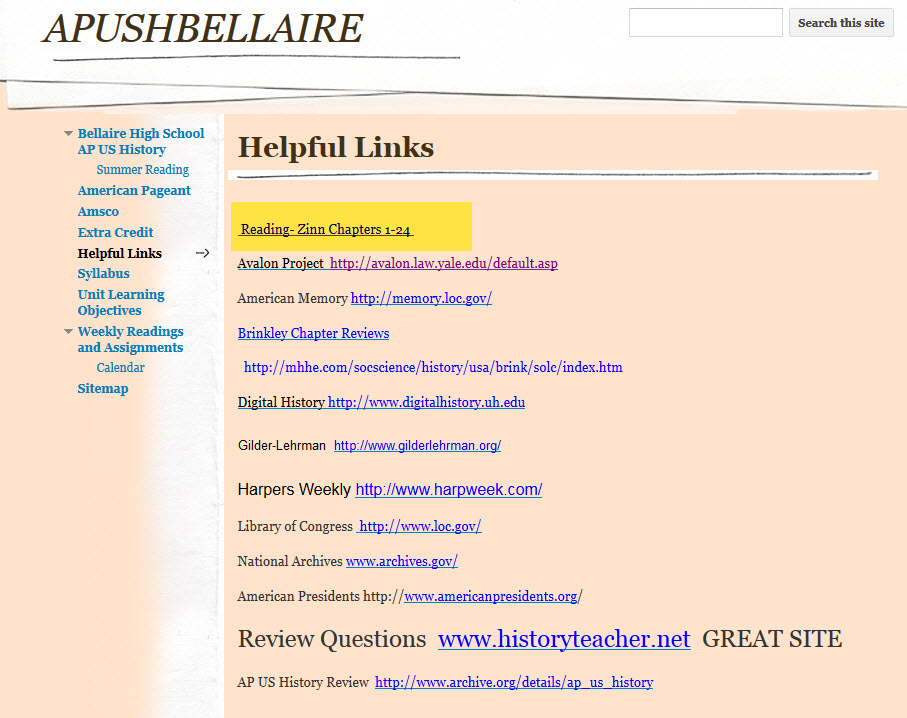 s
s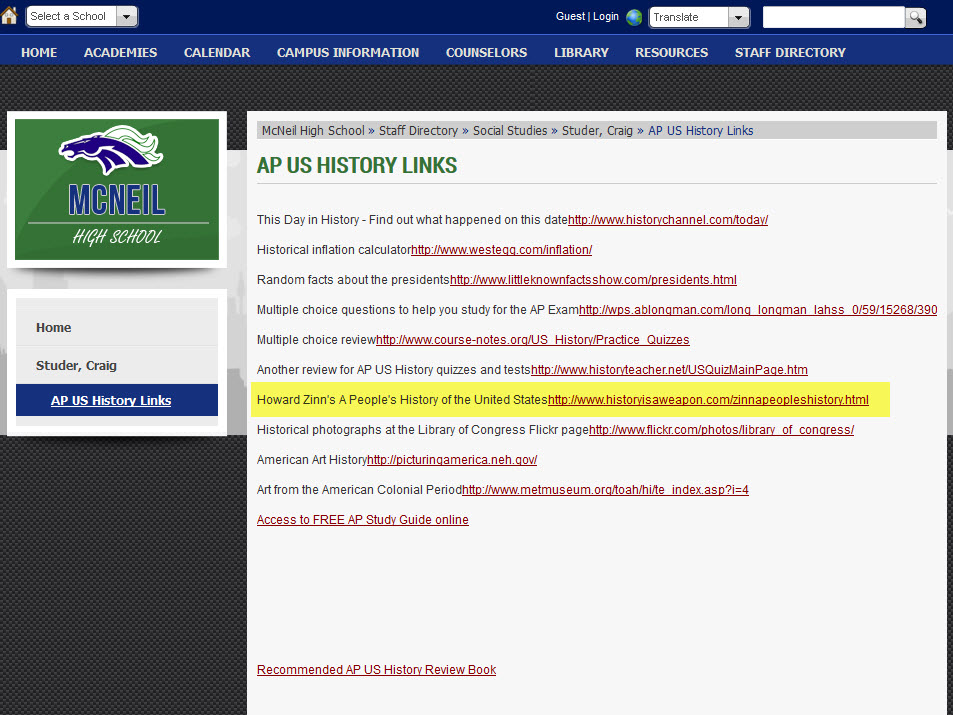


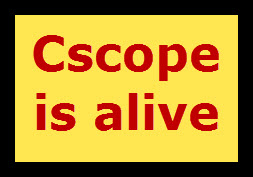



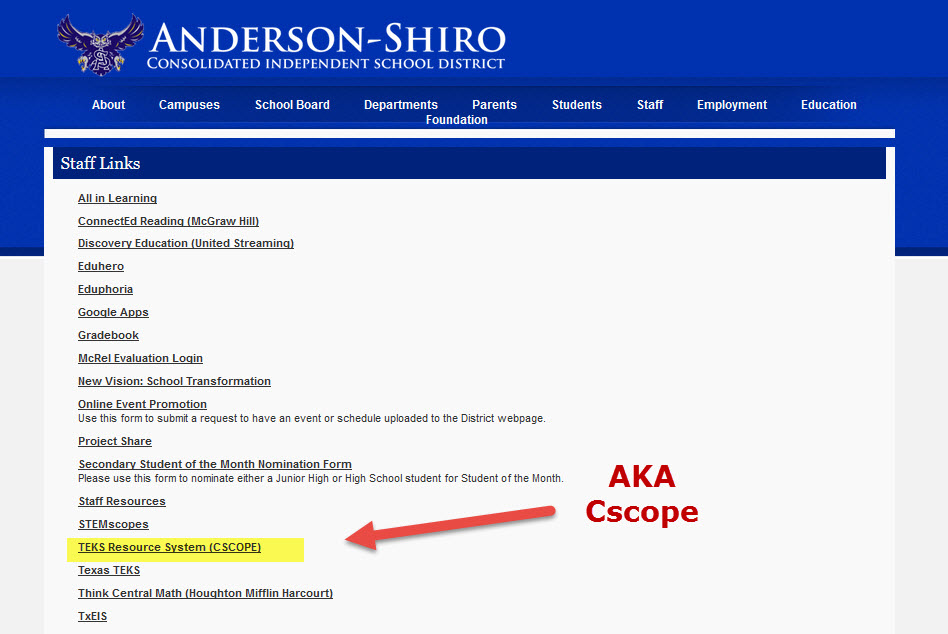
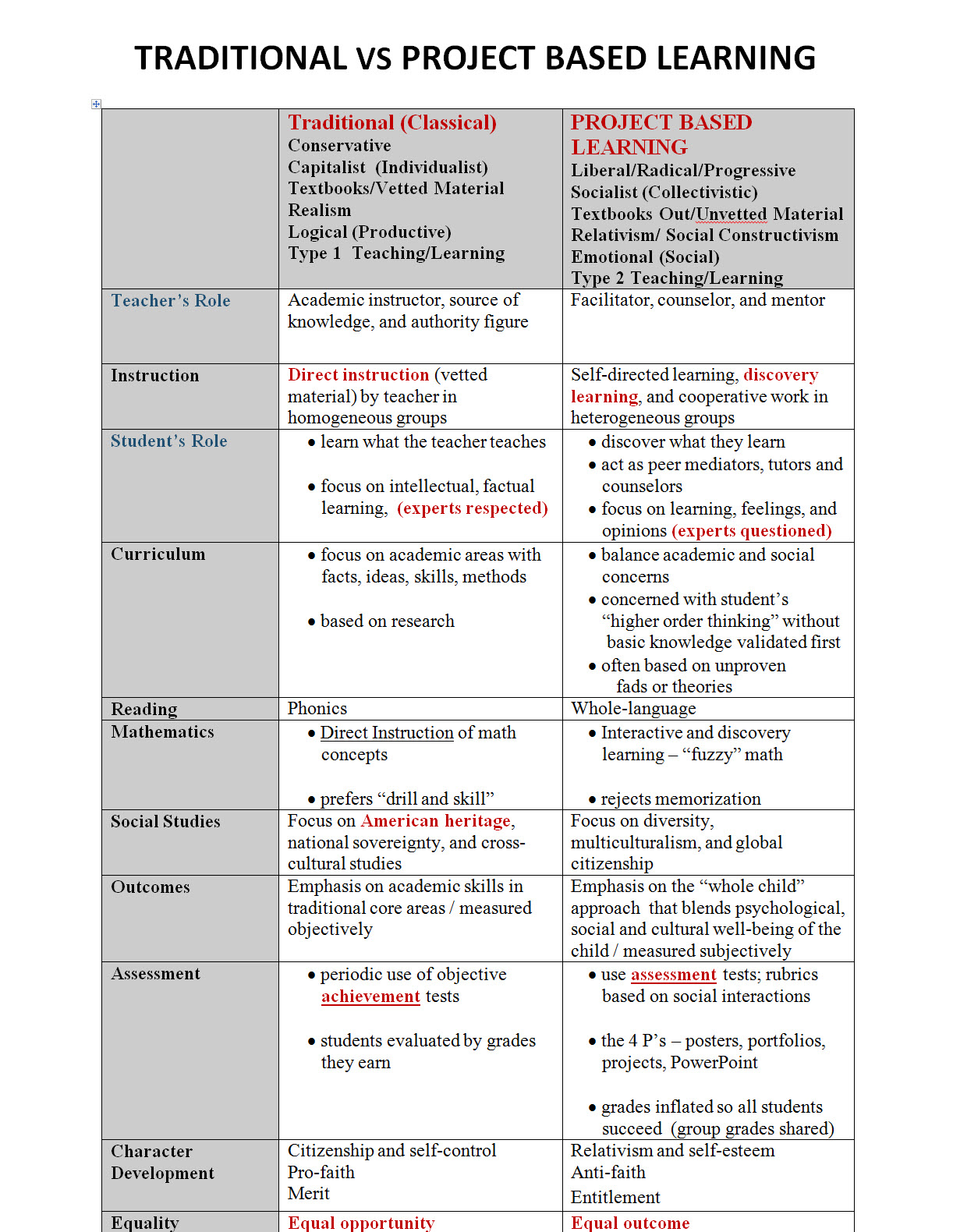
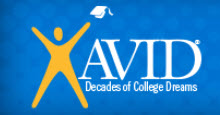
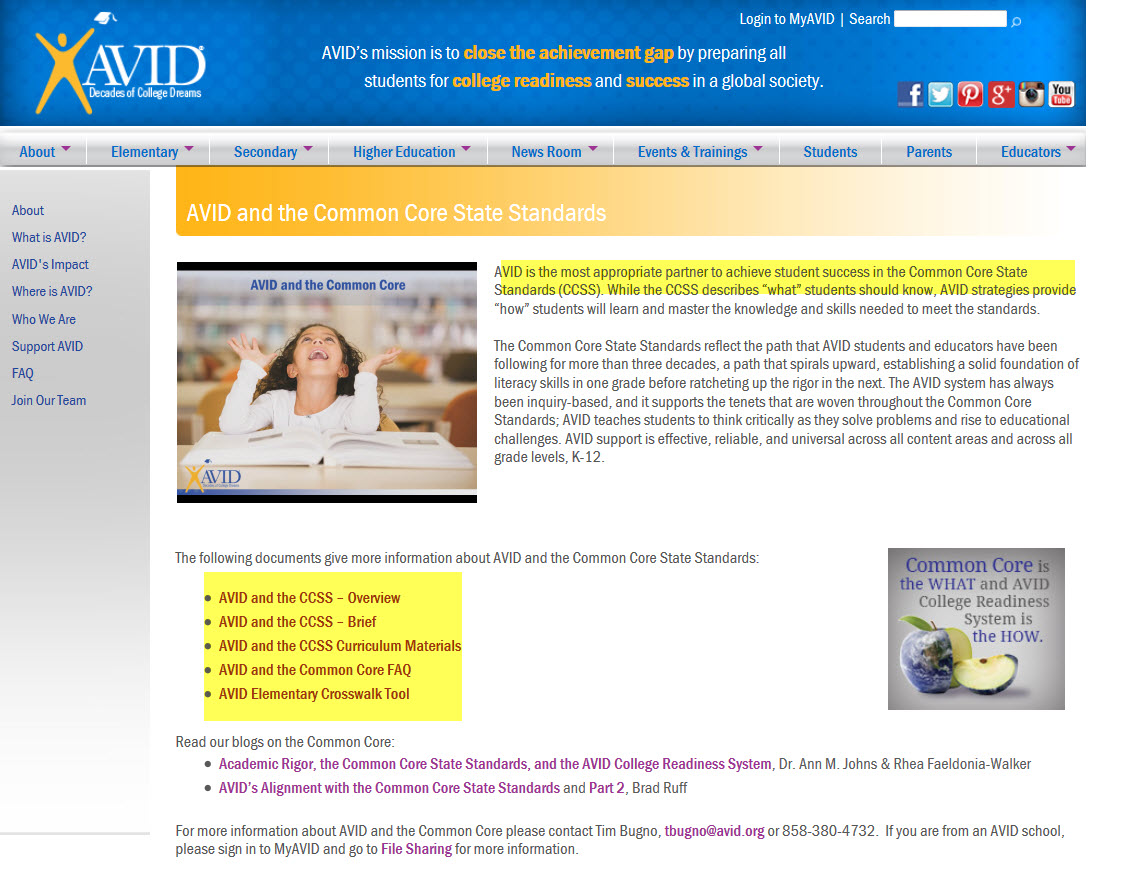
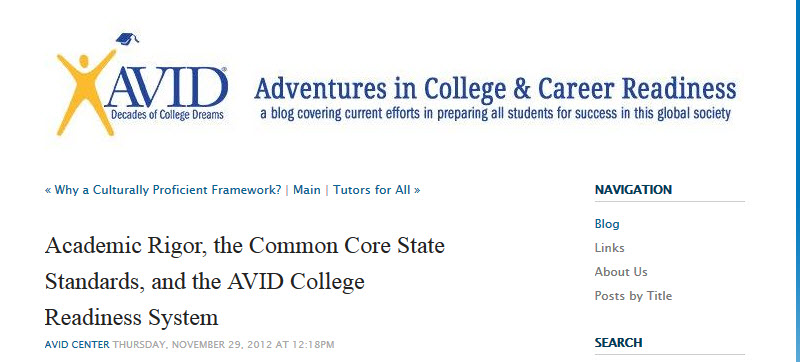
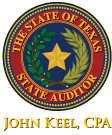

 , the principal of Texas’ Hempstead Middle School, was placed on administrative leave and subsequently fired when she made a simple request to students: speak English.
, the principal of Texas’ Hempstead Middle School, was placed on administrative leave and subsequently fired when she made a simple request to students: speak English.

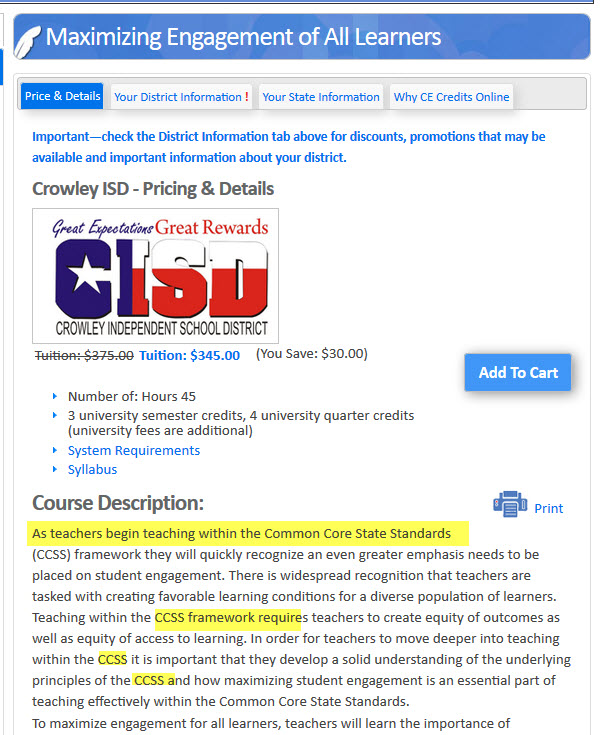
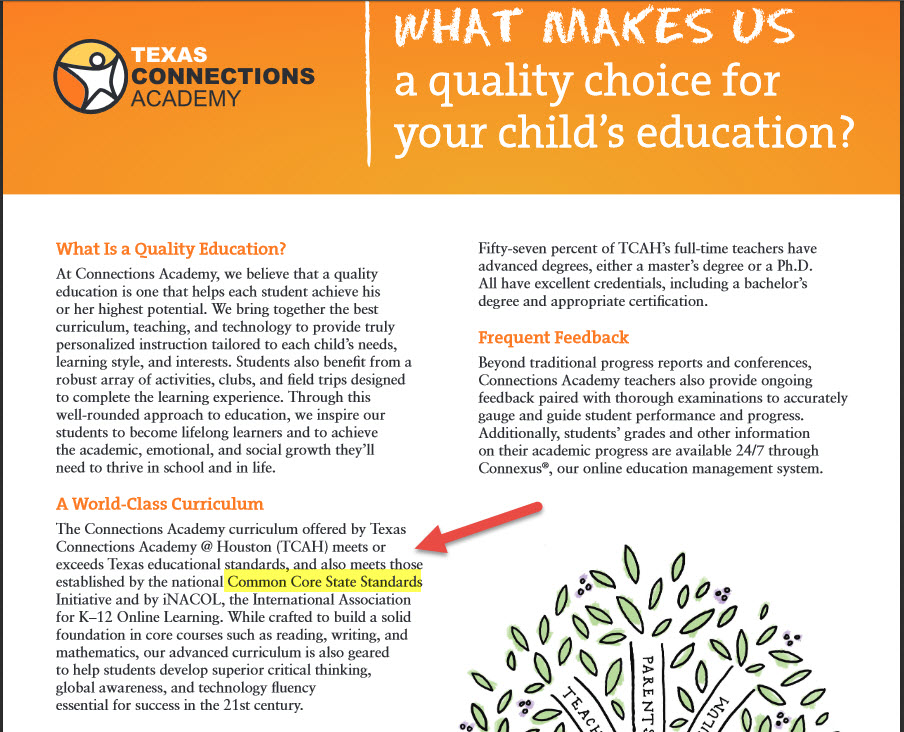
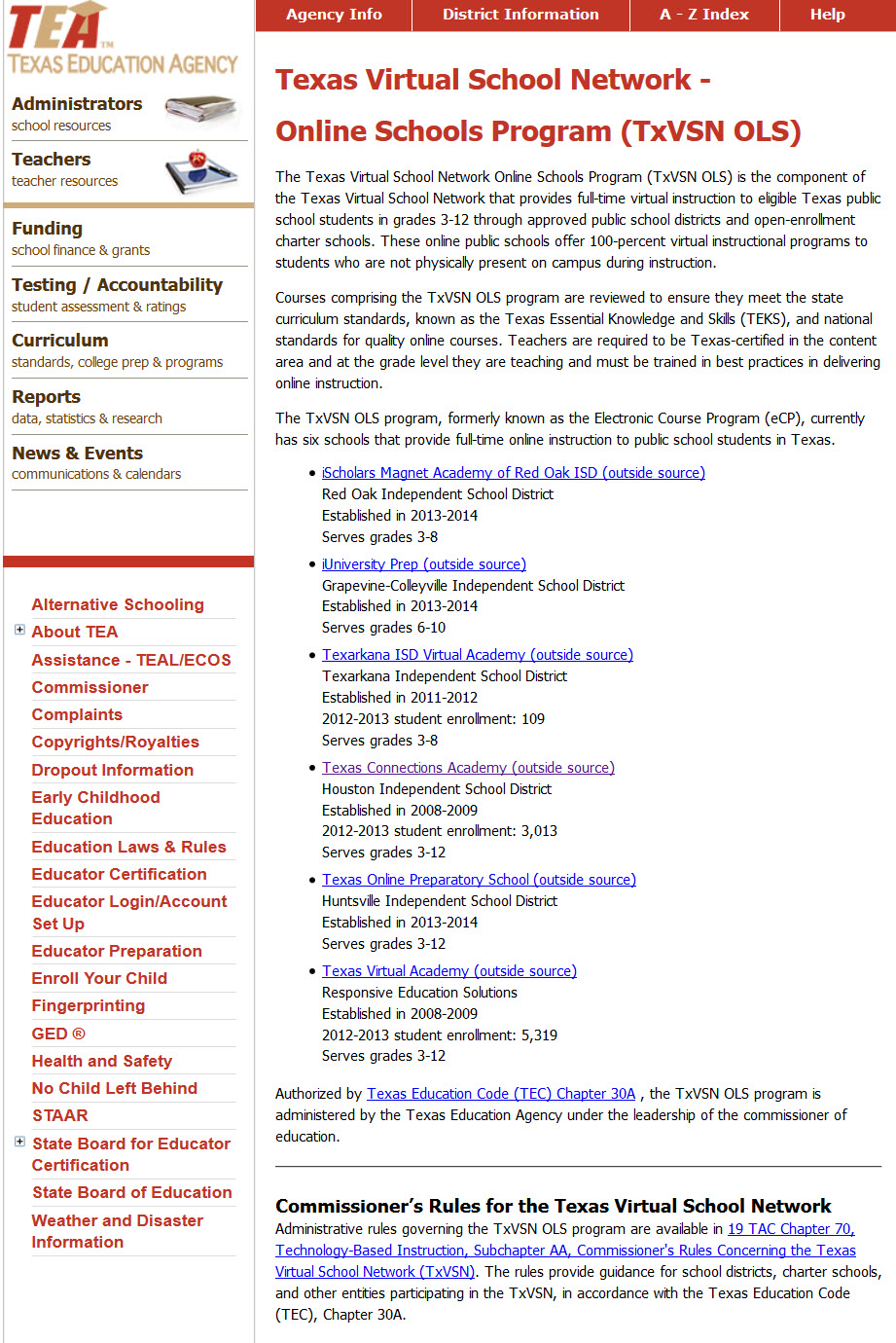

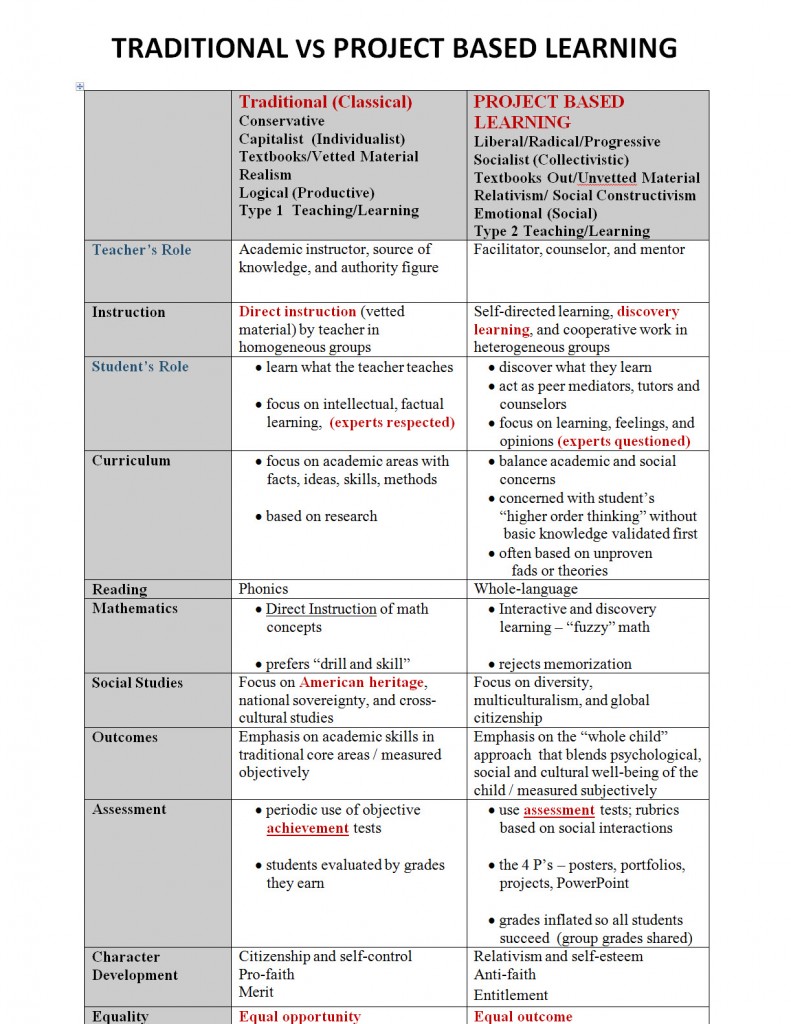
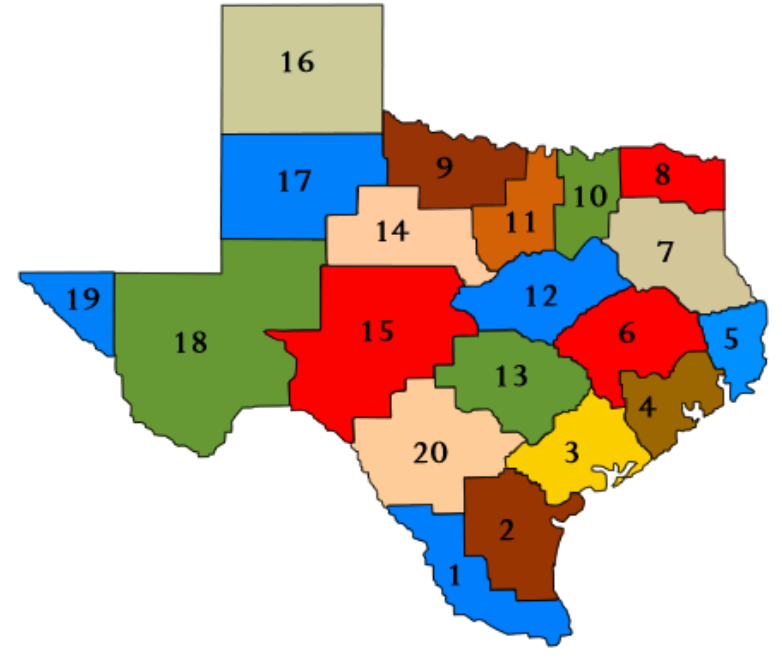 B
B